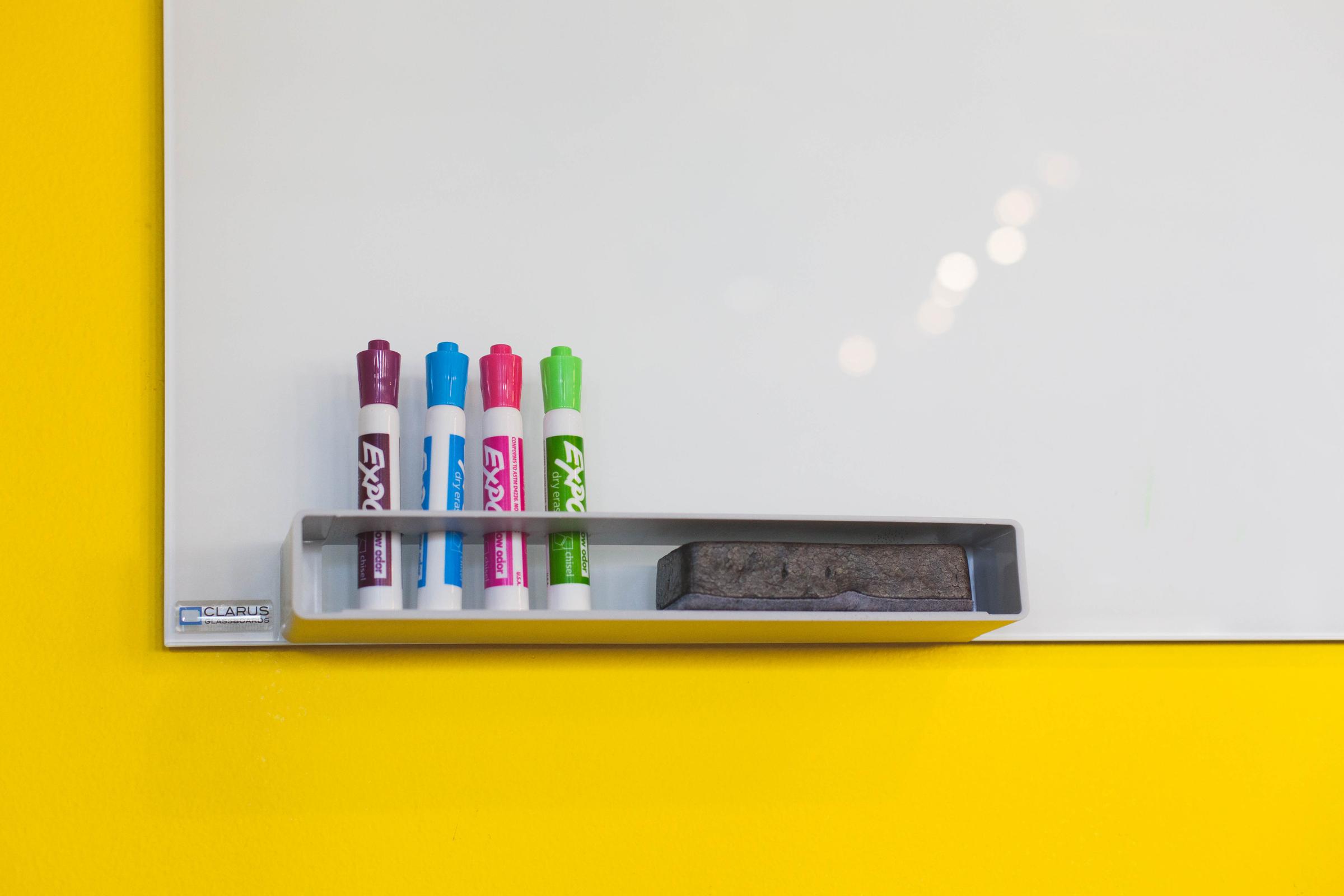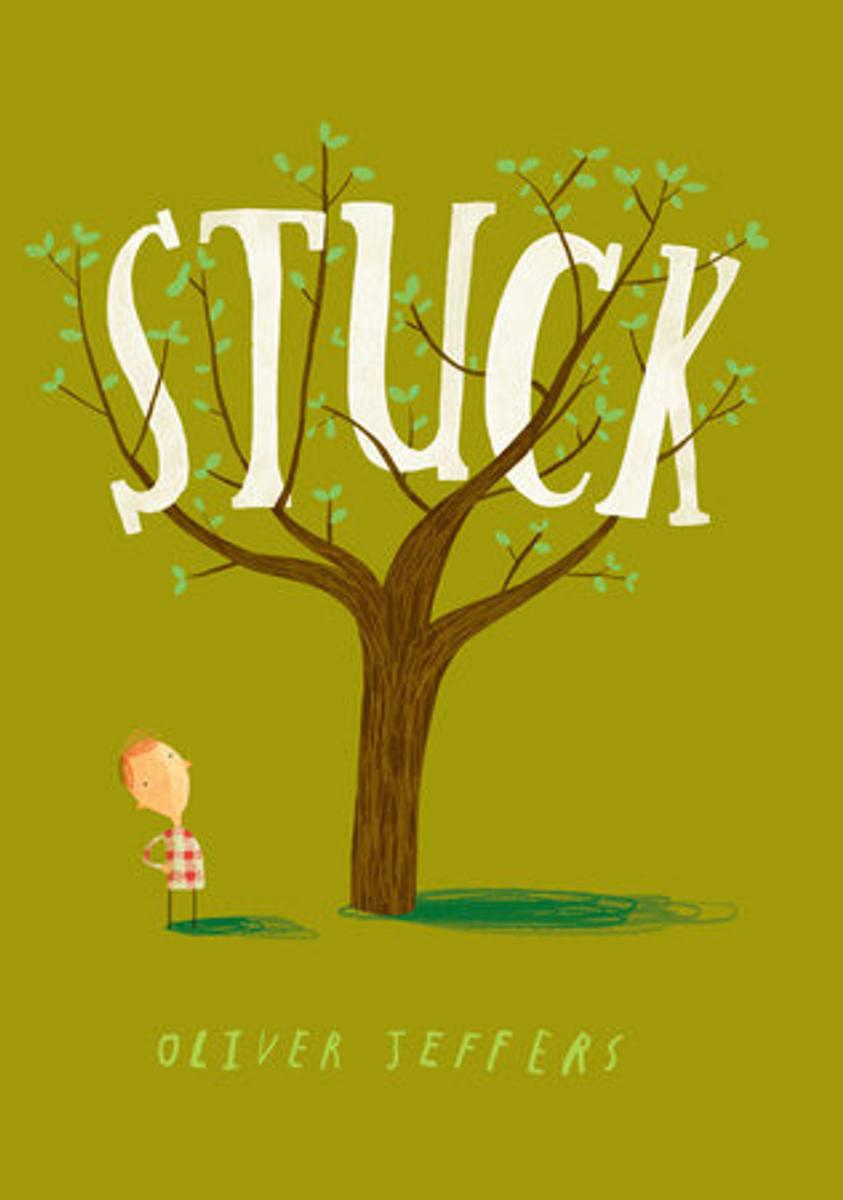Education News

News from the Assistant Principal
Social and Emotional Learning
Social and Emotional Learning lessons have continued this fortnight with students evaluating problems and considering the different ways problems can be managed and solved. F-2 students considered the problem-solving skills of Floyd in the picture book and whether there were other ways of retrieving his kite from the tree. Problems come in all shapes and sizes, and it is our ability to ‘bounce back’ from challenges that shapes our resilience.
More on resilience from raisingchildren.net.au..
Resilience: What is it?
Resilience is the ability to ‘bounce back’ after challenges and tough times.
Children build resilience over time through experience. You can help your child learn skills and develop resilience by having a warm, supportive relationship with them.
Resilience: Why it’s good for children
Children who are resilient can recover from setbacks and get back to living their lives more quickly. And when children overcome setbacks and problems, it builds their confidence and helps them feel more capable the next time a problem comes up.
Resilient children are often good at solving problems and learning new skills. This is because they’re more willing to try again even if things don’t go the way they want the first time.
And when things don’t go well and children feel anxious, sad, disappointed, afraid or frustrated, resilience helps them understand that these uncomfortable emotions usually don’t last forever. They can experience these emotions and know they’ll be OK before too long.
Building resilience in children
Children learn resilience through experience. Each time your child overcomes a problem, it builds their confidence in their ability to handle the next challenge.
Here are some ways you can build your child’s resilience:
- Support your child but try not to solve every minor problem or disappointment. For example, if your child doesn’t get invited to a birthday party or didn’t get what they want for their birthday, you could talk about how they feel instead of trying to fix the problem.
- Avoid predicting and preventing problems for your child. This might mean letting your child hand in homework that’s wrong or not replacing a broken toy. Overcoming small challenges builds your child’s resilience for bigger setbacks.
- Help your child to identify and manage strong emotions. For example, your child might be worried about a family member who’s sick. You could say, ‘I can see you’re really worried about Grandpa. It’s OK to be worried. But remember we’re doing everything we can to help him get better’.
- Encourage your child to have another go when things don’t work out the first time they try something. Praise your child for trying, no matter the result. You could say ‘I’m proud of you for finishing the race’ or ‘Well done for giving it another go’.
- Build your child’s self-compassion. Self-compassion helps your child deal with disappointment, failures, or mistakes by being kind to themselves. In turn, this helps them to move on from difficult experiences.
- Make it a habit to recognise and acknowledge when things are going well. For example, during family meals you could each share one positive thing from your day.
- Help your child to develop problem-solving skills in an age-appropriate way. For example, if a child at school says or does something unkind to your child, brainstorm how your child might respond next time.
- Find a positive role model who has experienced similar challenges to your child. For example, your child might find support in an older friend whose parents have separated or who has lost a family member.
Junior School Council
Our JSC representatives continue to demonstrate responsibility as they attend fortnightly meetings. They have developed systems for sharing information from the JSC meetings with their class. Currently JSC is working on such projects as exploring our school values, considering environmental and sustainability aspects of our school, and future fundraising ventures.

